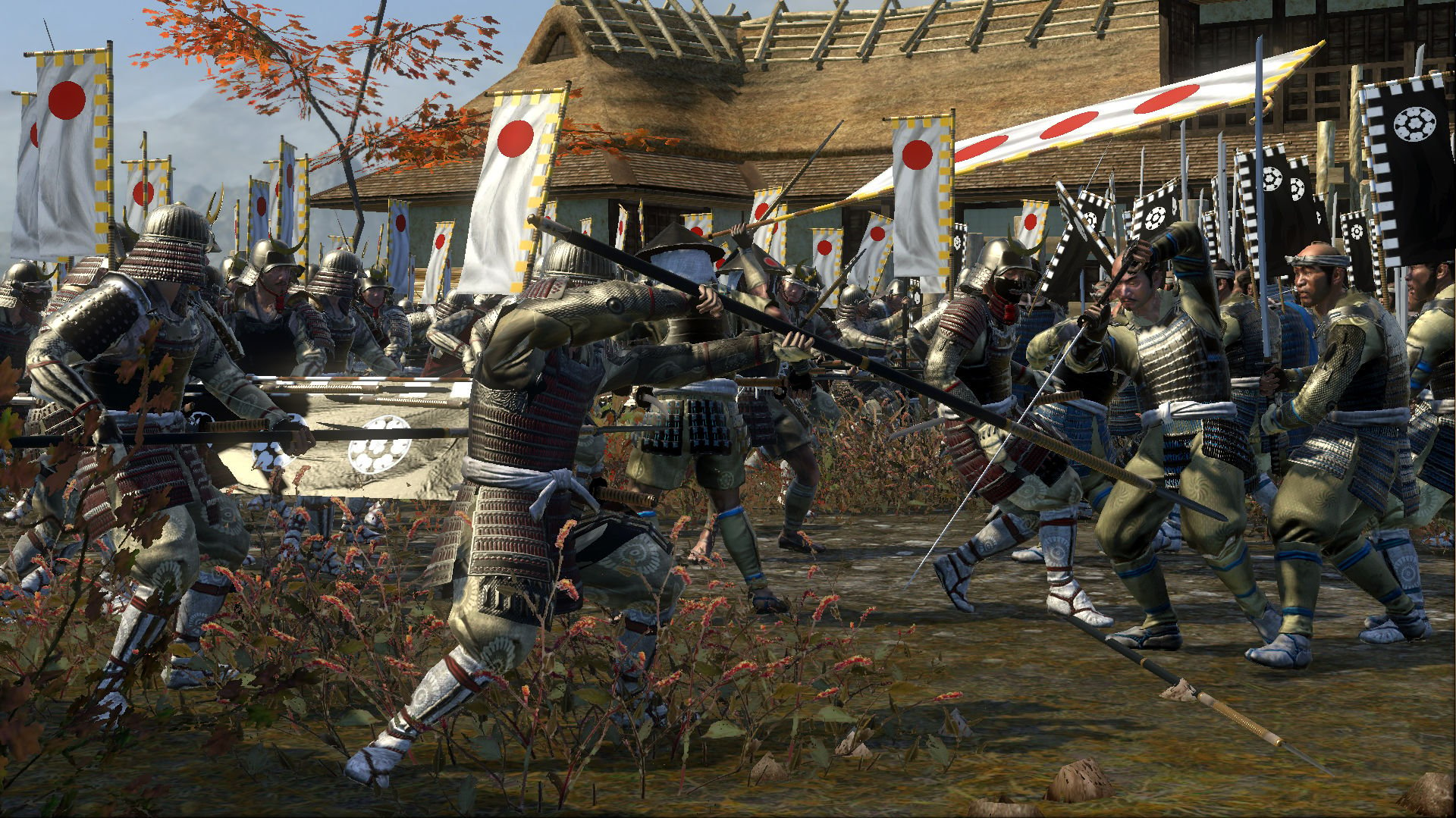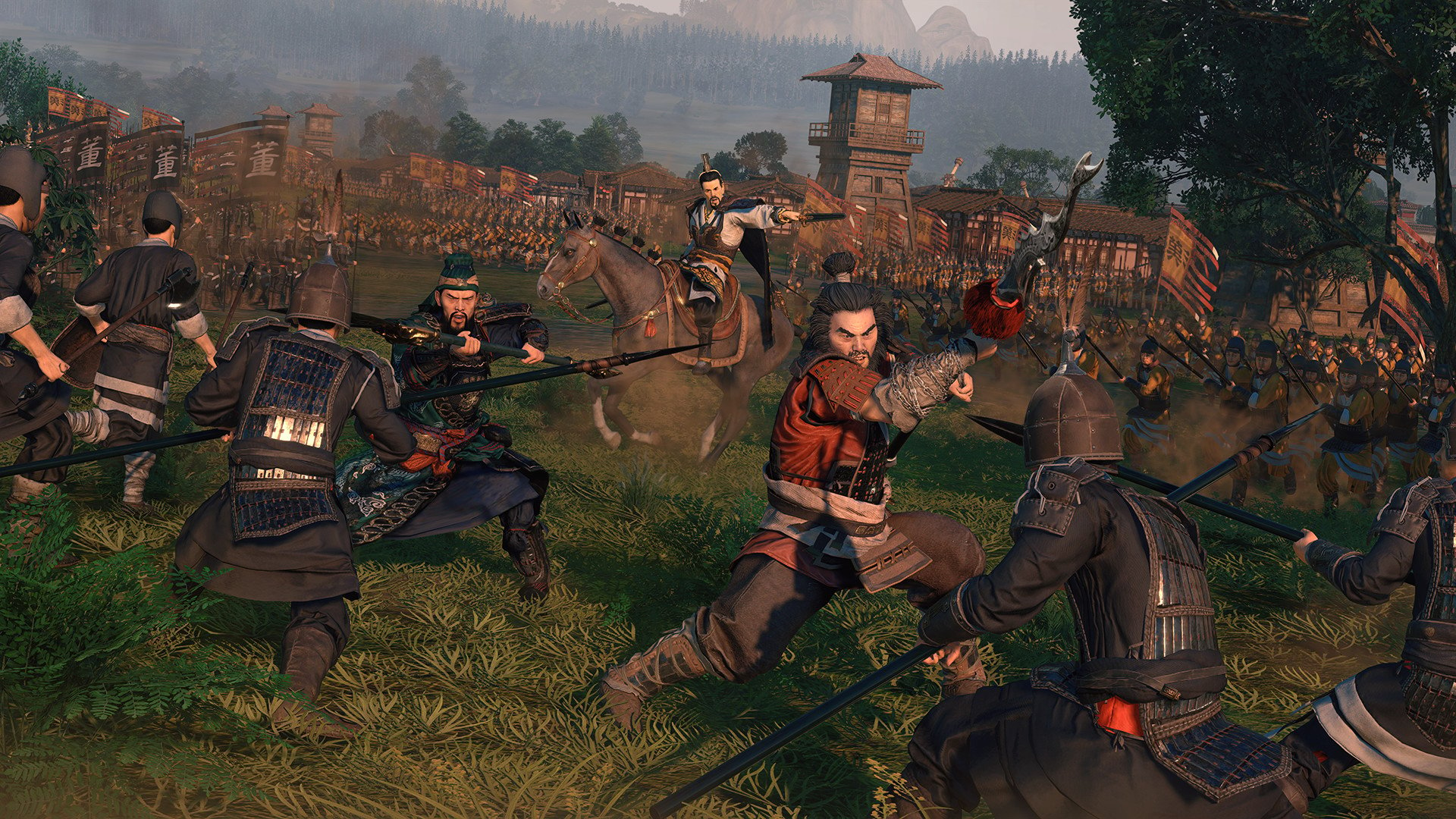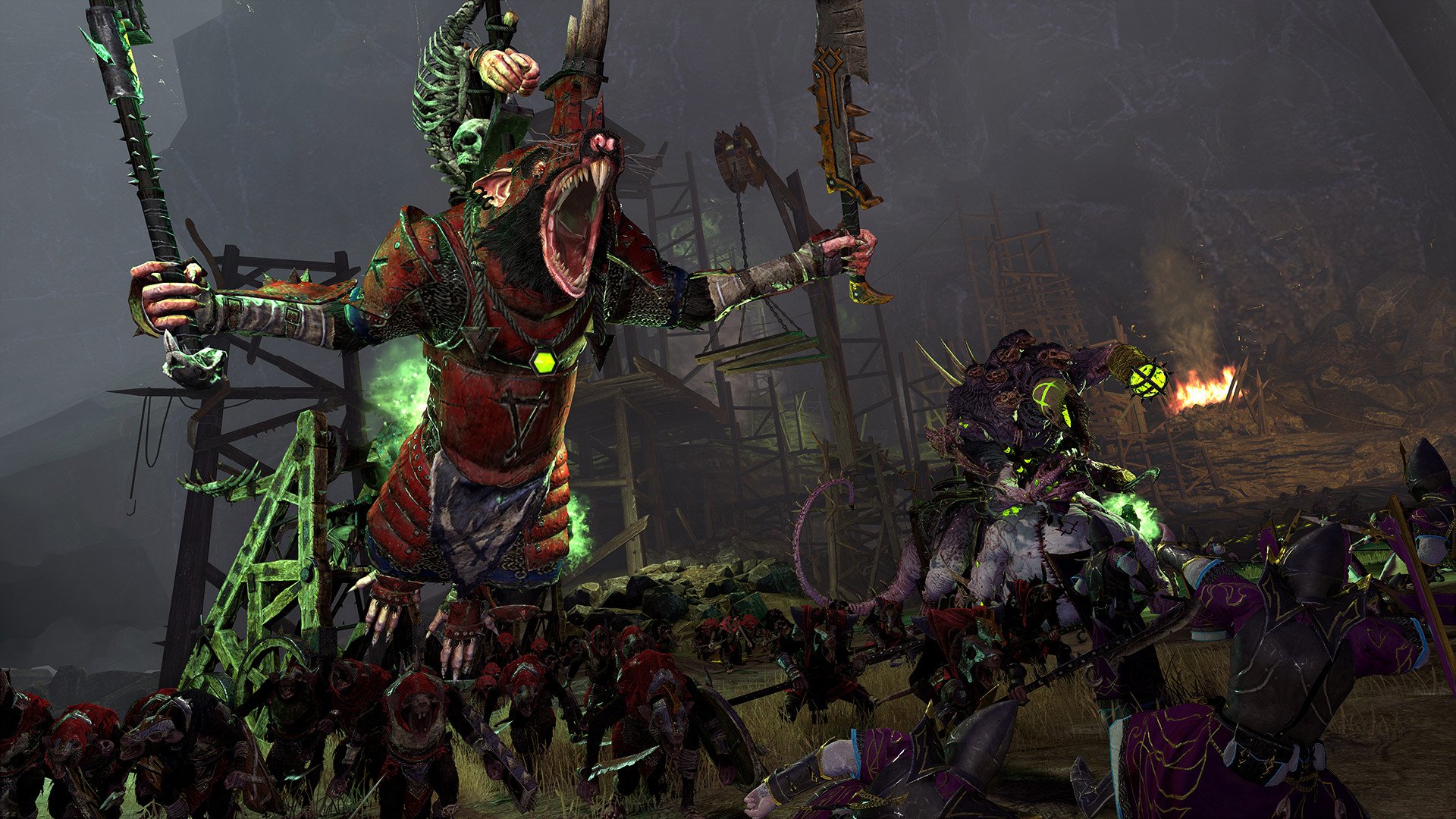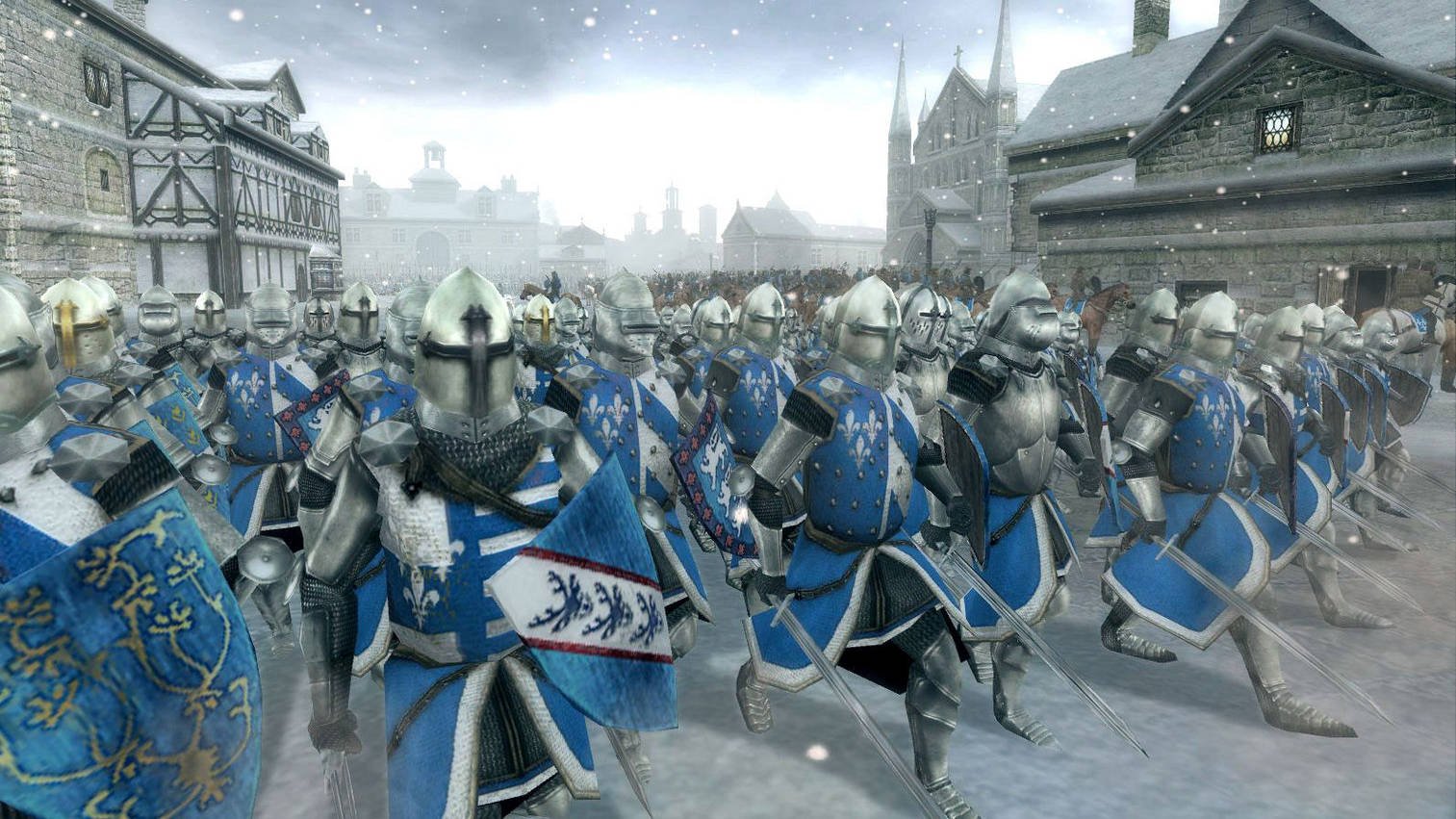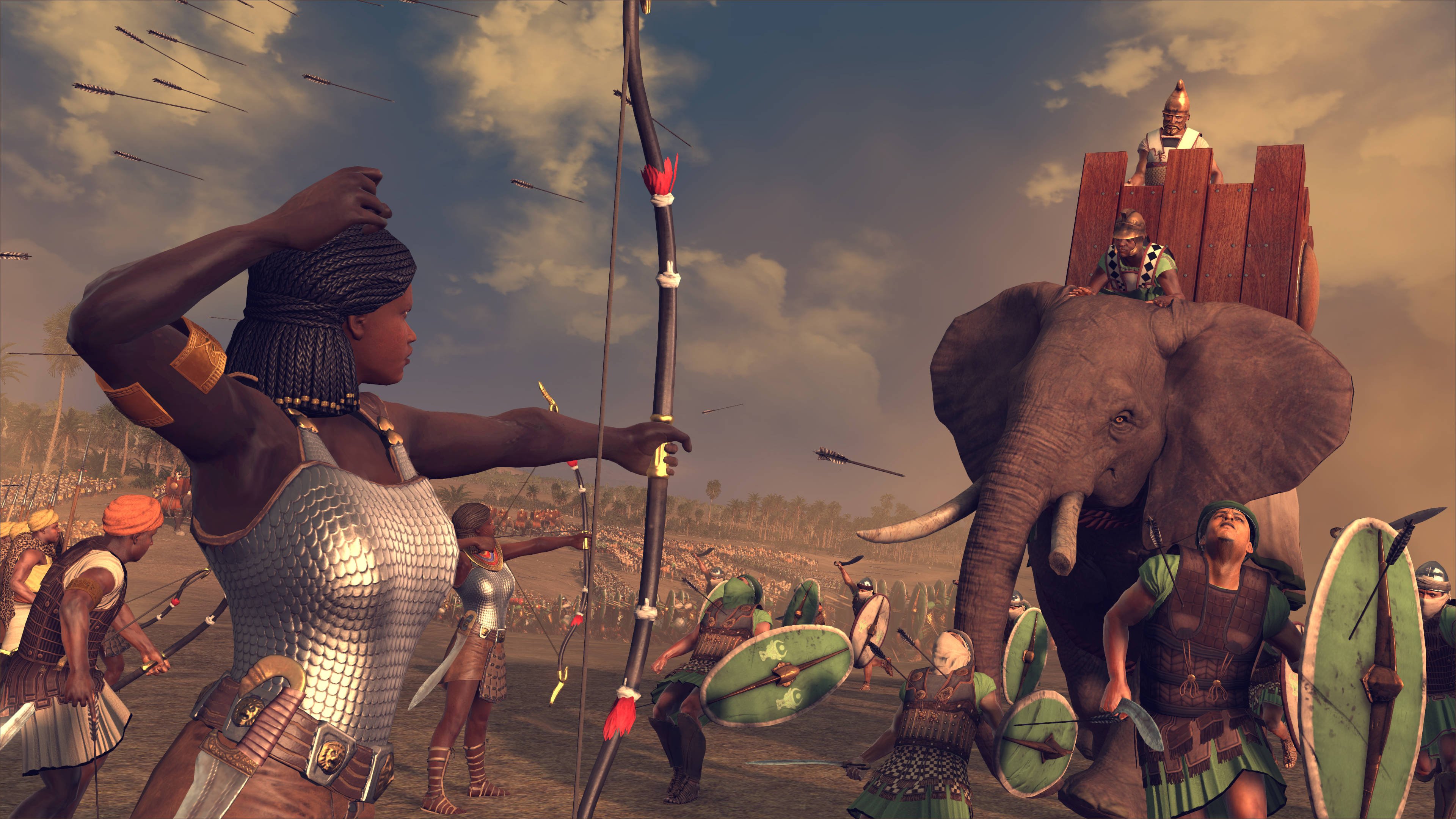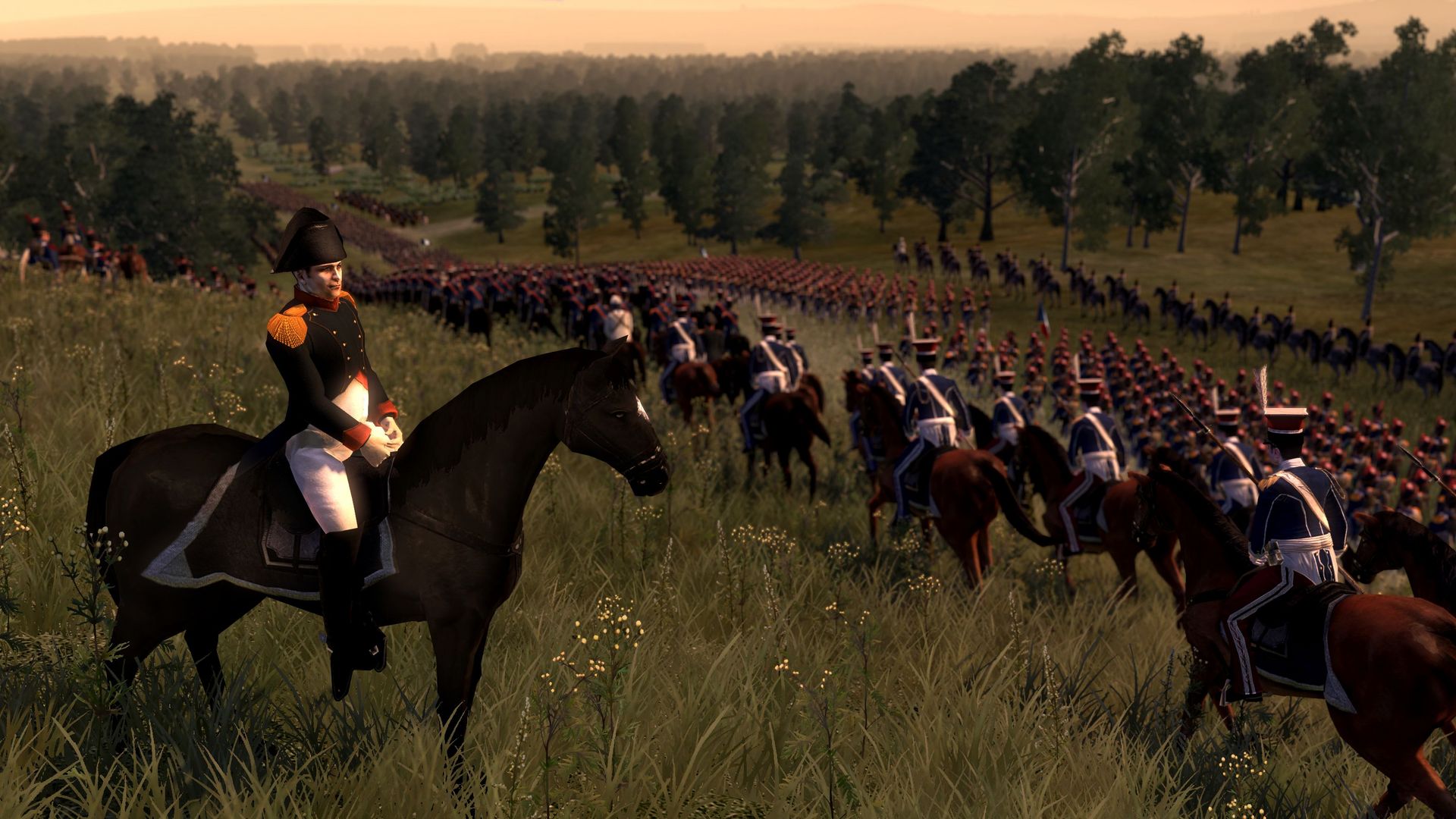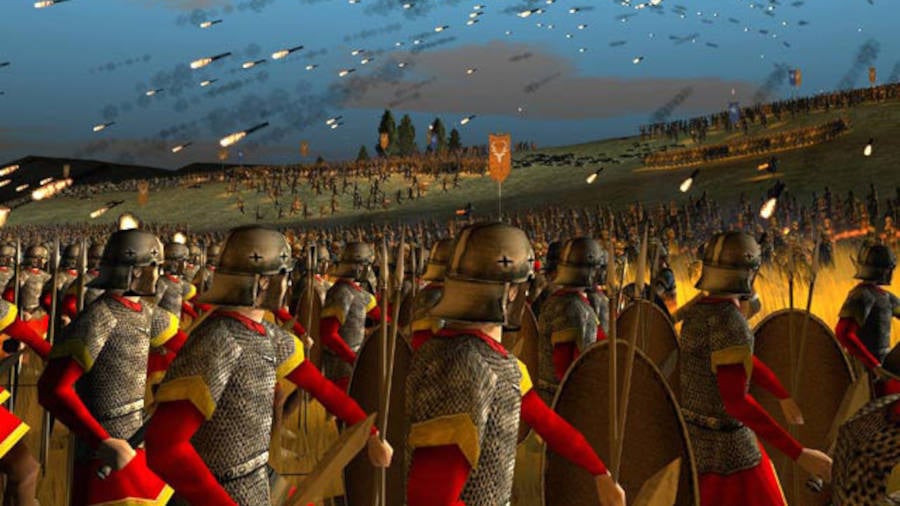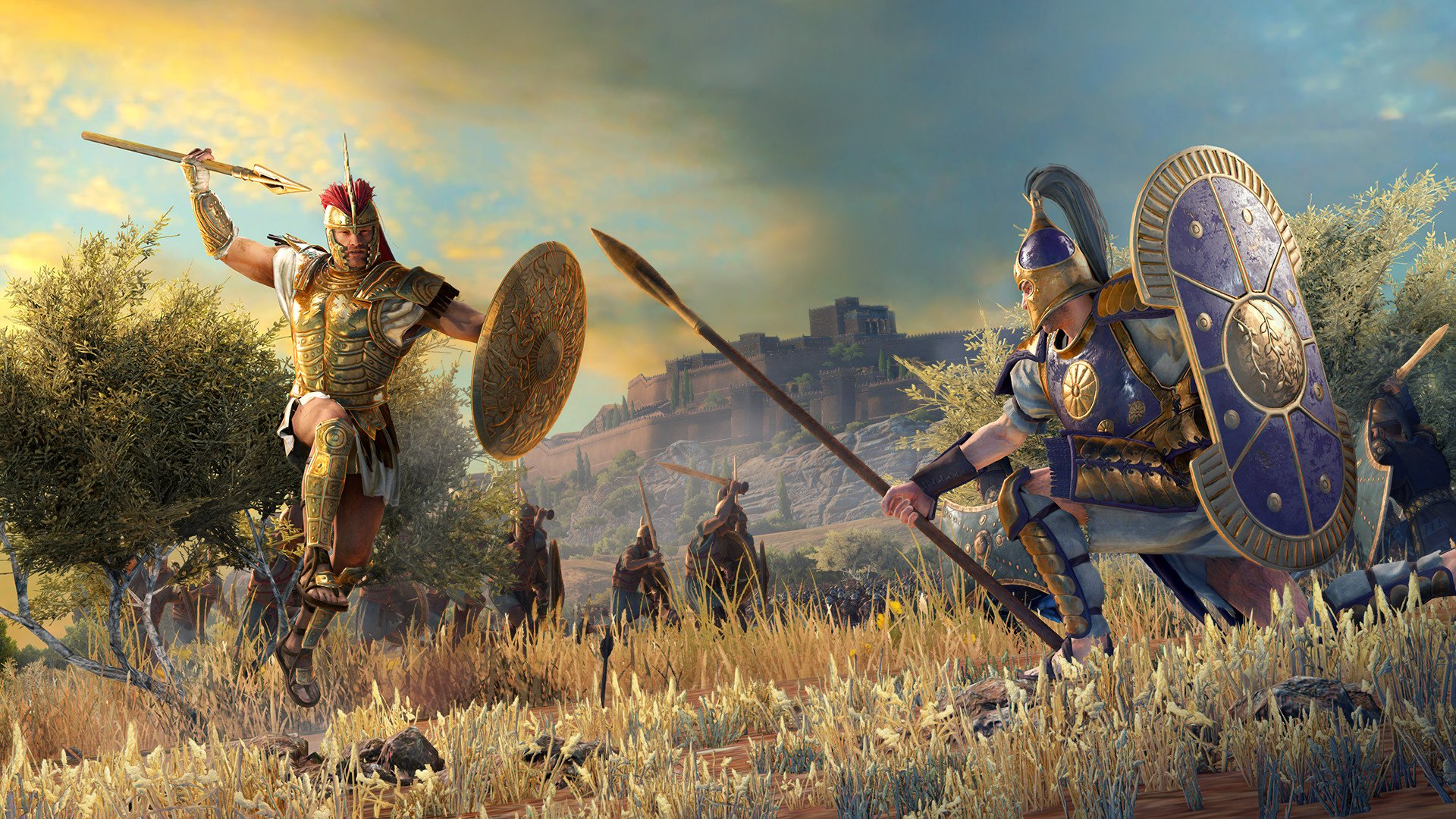The appeal of Creative Assembly’s Total War games isn’t difficult to see. They’re ambitious in scope, mix grand turn-based strategy with real-time tactics, and come in various sweet flavours of historical recreation or low-fantasy. We’ve played them all – too much, if anything – and so offer this guide to the best Total war games in 2023 (mainly so you don’t tragically spend hundreds of tedious hours managing line infantry in Empire, thinking you’re having a good time).
You see, even with a superb formula like Total War, quality isn’t guaranteed. With well over a dozen main-line games in the part turn-based game, part 4X game, part RTS game series, there have been a few duds and ignorable instalments along the way – but, at their height, the games stand as shining beacons of creative iteration and refinement. So then…
The best Total War games in 2023 are:
Total War: Shogun 2
This list contains some great games. Truly magnificent games that demonstrate the potential scope, ambition, and sheer joy of historically reverent, yet whimsically fanciful, grand strategy games. But none match the potent enrichment of Total War: Shogun 2. Add in the much-lauded Fall of the Samurai expansion, and you haven’t only got the best Total War game, you’ve got one of the best PC strategy games ever.
Shogun 2 learns from the mistakes of its predecessors, and builds on their richest assets. Factions, with their shared cultural and technological capabilities, are comparable and balanced, but distinct in their operation and play; the AI has learnt new combat techniques; and rather than waiting to reach a point of military superiority through which you can steamroll multiple nations at speed, the game has you pay closer attention to clan management and tense diplomatic negotiations to support your war effort.
Alongside the gorgeous geography of Japan’s natural landscapes, and the (albeit inflated) grandiosity of its movie-esque battles, Shogun 2 goes some way of combining a sense of mythology into its historical setting, without delving into the realm of fantasy.
And it does it all through ditching the continent-spanning maps of other entries in the series. The breadth of Europe and the frontiers of the New World are replaced by the Japanese archipelago, as you struggle to unify the nation.
But this narrower focus sacrifices none of the series’ scale, only lending the game a tangible focus that’s more easily graspable and tailored for moment-to-moment payoff. Regardless of whether your a veteran of the series, or this is your very first Total War, you can’t go wrong with Shogun 2.
Total War: Three Kingdoms
It’s amazing that it took until 2019 for Creative Assembly to explore the Three Kingdoms period of China. Family drama, scheming warlords, vibrant vistas of natural landscape, and, of course, vast territory to lay claim to and conquer: the era is ripe for the Total War treatment. Even better, it’s been served a fantastic offering that stands firmly at the head of the pack.
The influence of Wahammer: Total War’s success isn’t hard to spot. Battles are more streamlined, flashier, and simpler to operate, and the emphasis on a narrative path directing your campaign builds on the style of Warhammer 2’s Vortex storyline. There’s even an overt fantasy element, with generals no longer courageous leaders that merely raise your troops’ morale, but are imbued with supernatural strength, becoming demi-gods to lay waste on the battlefield.
But it’s the overhauls made to the games’ non-combat systems that place it at the apex of the series. Characters take on as much importance as armies, with relationships of your family and court essential to your burgeoning empire, and often directing the objectives of your war efforts. The Guanxi and Wu Xing systems further entrench the importance of interpersonal relationships, while going some way to reflect the social philosophy of traditional Chinese culture, and the diplomacy system is the most robust of any Total War title, acting as an essential mechanic rather than a tacked-on addition.
Withstanding lack of unit variety, both within and between factions, Total War: Three Kingdoms also boasts huge replayability. Its sprawling, but dense, map, can be tackled from numerous directions, and the enhanced diplomatic and economic systems don’t merely add extra layers of burdensome decision making, but open up new possibilities of conquest. Leverage them to expand your empire with more nuance than ever before. Each time you enter Three Kingdoms, you’ll be served a different challenge.
Total War: Warhammer 2
If Total War: Warhammer was the series’ tectonic shift that sparked Creative Assembly’s foray into a more creative direction, Total War: Warhammer 2 represents the culmination of that upheaval into an outlandish beauty of a strategy game. The fantasy title surpasses the original in almost every way: the stakes are bigger, the factions are more divergent, and the narrative focus takes a bigger role.
Swapping out the endearing, but tired, Greenskins, Dwarfs, Empire and other Warhammer The Old World factions of the first game, for the more eccentric Lizardmen, Skaven, Dark Elves, and Tomb Kings, Warhammer 2 is confident and comfortable with its lore to the point of broaching silliness, but never at the expense of mechanical depth or strategic insight.
Historically-inclined fans of the series’ previous instalments might lambast Warhammer 2’s rapid campaign pace, its ostentatious battles, or even its difficulty drop, but embrace the game as a fantastically colourful strategy game, and you’ll be rewarded with a title yet to be matched in sheer confidence.
Plus, if you’re desperate to field the Vampire Counts or play any of the first game’s factions, the free Mortal Empires expansion unlocks all playable factions of the subseries, and combines the maps of both games in a humongous sprawl. If only Warhammer game adaptations could be of this quality all the time.
Medieval 2: Total War
Medieval 2: Total War might not claim the same halcyon nostalgia as Rome: Total War, but it’s possibly more deserving of it. Sharing its fundamental strengths, and flaws, Medieval 2 didn’t innovate on its Latin predecessor, but refined it in almost all areas. Campaigns are more directed but lose none of their ambition, and battles boast greater emphasis on unit tactics.
Medieval 2 has undoubtedly been showing its age for quite some time, and many of the features that set it apart from its predecessors at release now seem unremarkable. Blood and gore effects, building destruction, variety of unit models – although these were significant leaps from the mechanically fluid but visually stilted battles of Rome, they now appear little more than banal, or expected.
The game’s longevity owes more to its historical setting than the novelty of its gameplay. Gallivanting across Europe as a feudal monarch has a romanticism that’s unmatched by later entries in the series, and seeing regiments of lancers clash on open plains, cannon fire crack the walls of a besieged city, or legions of longbowmen rain down arrows onto ranks of vulnerable pikemen seems all the more charming in the grittily, poetic world of conquest and crusades in Middle Ages Europe.
There’s also the little factor of its post-release content. Medieval 2 was a haven for Total War modders for over a decade after its release in 2006, and it still boasts some of the best fan-made creations – from Lands to Conquer, whichadds the Hundred Years War and Reconquista conflict, to Stainless Steel, which tweaks and builds on virtually every aspect of the game. With its official, and massive, Kingdoms expansion included in Steam’s Definitive Edition, there’s enough quality content here to keep you occupied for a long, long time.
Total War: Rome 2
Rome 2 always had a lot expected from it, and a flawed launch beset with bugs, AI problems, ill-thought systems, and technical deficiencies meant it was quickly castigated as a missed opportunity. The hope to relive Rome: Total War’s greatness, and cast anew the original’s splendour for the next generation, was dashed quicker than a Roman legionary could say, ‘Oh gosh, that Gaul’s got an axe’ at Teutoburg Forest.
But a series of free updates, and the release of the game’s Emperor Edition, have revitalised Rome 2. Its launch problems are gone, and it leans into its historical setting with full force. Roman supremacy dominates the map, but attention must equally be paid to the upstart governors and bitter foreign rulers looking to break the empire from within. Its DLC campaigns are some of the best-directed of the whole series, adding narrative flavour to what can quickly become a slog of a sandbox.
Unfortunately, there’s still much chaff. Many factions feel overlooked or so underpowered to be useless, and large sections of its vast map remain empty, providing little more than irritating space to traverse, rather than interesting land the explore. But Rome 2 can hold its plumed head high, next to the first of its namesake. We all love a good redemption story.
Napoleon: Total War
Napoleon: Total War was the first Total War Saga game, before Creative Assembly even realised they needed a specially titled subseries dedicated to historical happenings. Telling the story of the famed French general, emperor, and all-round nasty man, Napoleon improves the best bits of Empire’s cumbersome shift to line infantry warfare, sheds off its worst parts, and sprinkles in an air of narrative atmosphere so you won’t care to look too closely at the flaws left in the mix.
Infantry in colourful regalia take potshots in pitched battles, mighty frigates and warships engage in frenzied naval standoffs, and grand European coalitions are formed – and betrayed – as you lead Bonaparte across Europe. While the battles and campaign mechanics are strikingly similar in operation to Empire, Napoleon’s narrower scope is better able to foster them into moments of dynamic force.
Though a grand, sandbox campaign is available, the game shines in its smaller theatres – leading Napoleon’s invasion of Egypt; trekking across Northern Italy; or branching the Iberian Peninsula. Total War has never fully grasped ranged warfare, but it came damned close here.
Rome: Total War
The first ‘proper’ Total War game, Rome: Total War revolutionised both the grand strategy and operational battles of the series. No longer were armies to be moved as pawns from province to province across a flat map, as in the original Shogun and Medieval titles, but would traverse the mountains and embark across oceans as definable armies. No more would sprites clash on the fields of battle, but unit models of never-before-seen details in three dimensions would fight to the last man – or war elephant.
There’s no denying that a healthy dollop of nostalgia tints most players’ recollection of the game. Though the booming battle cry of “TRIARII!” might be ingrained in anyone’s mind who spent hours fending off invading Gauls as the Julii, less well remembered are the poor unit pathfinding, hollow diplomacy system, persistent bugs around siege weaponry, and peculiar AI strategies that made you question whether the computer was really into all this territorial conquest nonsense, after all
But put these, admittedly glaring, flaws aside, and you can enjoy Rome: Total War for the revolutionary, resourceful, and ruddy good fun game that it is. Certainly, no strategy title around its 2004 release could match its atmospheric scope, enticing visuals, and breadth. Enjoy it for the turning point that it was, and the priceless artifact it’s become (or just play the generally excellent remaster).
A Total War Saga: Troy
The Total War Saga subseries might be exactly what Creative Assembly needed. Designed to be smaller games with limited scope that focus on a specific time period, geography, or civilisation, the first Saga, Thrones of Britannia, was a definitive flop, earning little popular or critical praise. But Creative Assembly’s second effort, A Total War Saga: Troy, demonstrates the potential of the streamlined series.
Based on the stories of the Iliad, it’s a flashpoint in Ancient Greek history, with all the pomp and bombast fitting of its setting. A smaller map that captures only the Greek Islands, Troy is a lesson in experimentation.
The first multi-resource economy makes for more shrewd campaigns, in which your expansion isn’t driven only by objectives or petty grudges, but economic necessity. Battle maps are more varied, introducing choke points and tactical terrain on top of the flat fields that have characterised the series up to this point.
But its pseudo-fantasy integration is a strange one. Not prepared to ditch its historical realism, but wanting to entice players more attuned to fantastical fighting, Troy adopts a midway point, in which mythical units are represented by their would-be real-life counterparts. Minotaurs become butch men wearing bull skulls, harpies are vicious warrior women, and centaurs are, rather disappointingly, old men on horseback.
It’s an odd mix that leaves a bittersweet taste in the mouth. The attempt to see the truth behind the myth is a refreshing take, but you can’t help but wonder if it would be much more satisfying to see an actual minotaur smashing through ranks of hoplites, or winged harpies descending on the field.
Look past the strange mythological integration, and revel in the refreshing new systems and the golden light of tantalising bronze-age setting.
Source: Wargamer



